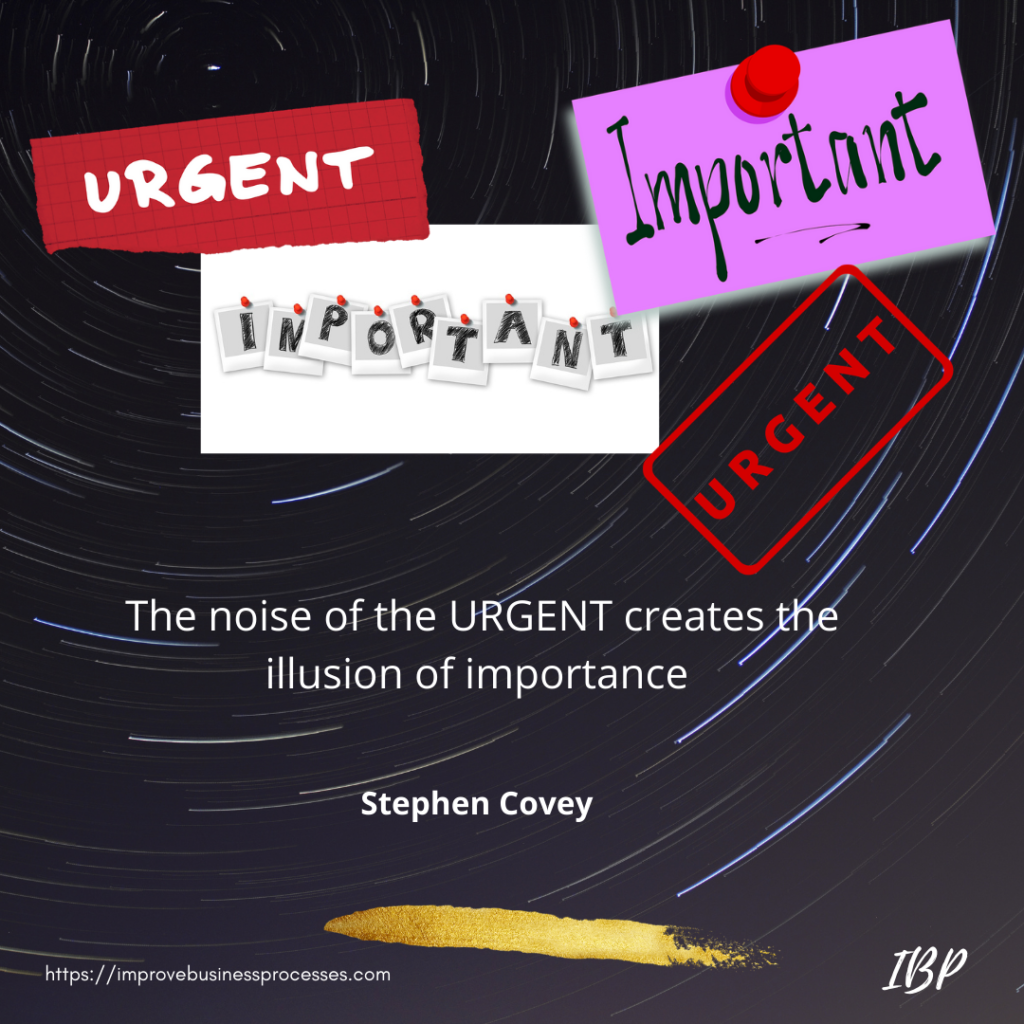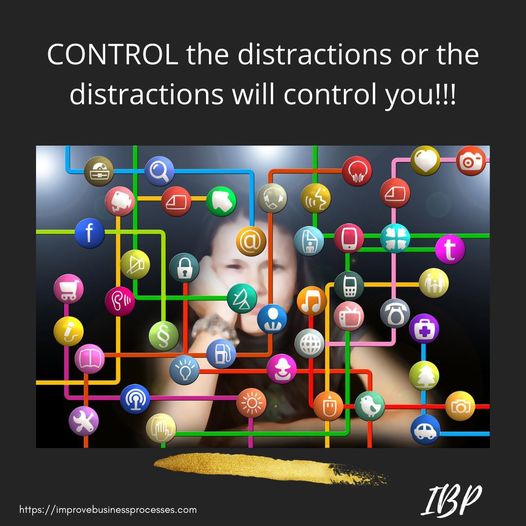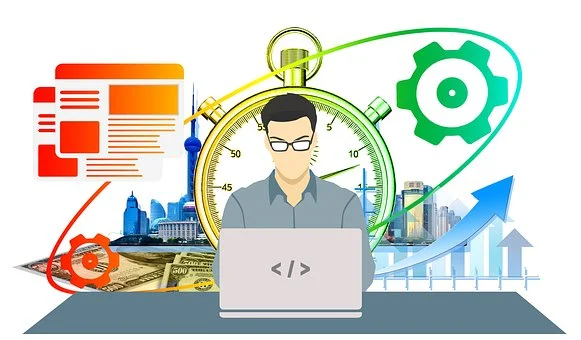There are numerous tips and books on how to be highly productive. Many company executives and leaders also all have their “own personal tips”.
Furthermore, owners of small- to medium-sized businesses will share “tips” they have acquired through juggling many roles in the business.
These include the roles of Owner / CEO, Managers of Marketing, Human Resources, Business Development, IT tech overseer, sometimes Book-keeper and many others.
The question is whether they are being effective in their bid to be highly productive. Being busy is not the same as being productive!
This article looks at key characteristics and habits of highly productive leaders and business owners. Many of them are well known. The trick is to develop the habits to see them through.
Characteristics of Highly Productive Professionals
There are two characteristics that set highly productive professionals apart
- Have a burning desire to succeed – They are not quitters
- Are constantly in a state of self-awareness and willing to effect necessary change – They have a high sense of self-awareness and are willing to seek for solutions to make necessary improvements. If you are constantly in self-denial about your weaknesses, being highly productive may prove elusive.
How to Be Highly Productive? Necessary Habits
These habits are absolute must haves. If you do not have them, the good news is that they can be developed!
Organized and Good Planners
They have systems and processes in place to find what they need when they need it. They are not constantly looking for documents or spare parts!
There are industry specific mobile apps that can help with organization and planning.
For a business consultant, there are apps that help track billable hours on the go. There are also apps which help with field workers and scheduling / job dispatching to avoid overbooking or showing up late for an appointment.

Other popular productivity apps for small business owners include note-taking apps such as Evernote
Good Self-Improvement Reading Habits
Highly productive professionals are familiar with, and apply the concepts of the Eisenhower Matrix, and Stephen Covey’s Time Management Matrix from his widely acclaimed book – “The 7 Habits of Highly Effective People”
All daily activities can be broken down into four quadrants (buckets), by importance and urgency.
Highly productive managers have learned to effectively divide their time between urgent and important tasks such as deadline-driven projects and responding to crises, and non-urgent but important tasks.
These tasks such as, relationship-building, personal development, and taking care of their health yield great dividends.
They eliminate or avoid time spent on “busy work” or low-value tasks like surfing the web aimlessly.
How to Be Highly Productive – Prioritize, Delegate or Outsource Tasks
Productive professionals have learned not only to prioritize, but to delegate and outsource tasks so they can focus their time and attention on things in their area of expertise that will move the business forward and professionally develop their subordinates.
Many small business owners are challenged in this area, as they often find it hard to relinquish tasks they were accustomed to doing before hiring someone for the role.
This means knowing how to say no, setting and maintaining boundaries, and delegating tasks that someone else can do. Sometimes, it takes learning to be able to behave this way.
Maximize their Time by not Multitasking
Not only do highly productive professionals prioritize and focus their time, but they also do not engage in multitasking which is known to decrease productivity by up to 40%.
A switch cost is a loss of accuracy or speed that comes when you shift between tasks. Though some of the costs of multitasking are subtle, they are by no means trivial.
Too much multitasking can interfere with both working memory and long-term memory (Stanford University Wu Tsai Neurosciences 2021)

Avoid Distractions and Procrastination
Apps, email, and other technology can be distractions rather than productivity tools if you are not careful.
Productive professionals know that sometimes they need to totally focus on the task at hand.
Productive people do not waste time trying to build their willpower. Rather, they identify and remove barriers to their productivity.
Two simple and effective tips to do this are:
- Disconnect your computer from the Internet while you work or,
- Turn off alerts and the ringer on your phone.
Avoid Perfectionism
Done is always better than perfect! Keep in mind that tasks have a way of filling up whatever amount of time you have allocated for them.
A habit of always trying to get work done to “perfect” frequently results in perfect being elusive because you never quite seem able to get there!
Invest in the right tools
Productive people who want to be organized invest in the right resources and tools to move their businesses forward.
If you still rely on paper forms for invoicing, purchase orders, and employee scheduling, for example, you should save time and money by moving to mobile forms and a secure cloud-based storage system.
This is a lot cheaper, and more efficient.
Some owners believe that it is a smart business decision to delay buying industry specific apps, better technology, creating or improving a website, or other items or services until they are more buoyant and can afford these.
Unfortunately, this approach could actually harm the business because the very lack of these tools could be the reason why productivity is low, and the business is struggling.
Improve systems and processes
Productive managers actively seek to improve and optimize management systems and processes in which they work.
They have a habit of frequently reviewing processes to ensure that tasks are streamlined so they are not spending time on unnecessary tasks.
With technology, it is now possible to automate various time-consuming daily tasks such as bill payments, collecting payments from customers, sorting and responding to email, posting social media updates, etc. to free up time to focus on urgent work.
You just need to know and have the right tools!
Conclusion – What is the Best Way to Be Productive?
What is the best way to be productive? No single way can be said to be “the best”.
Professionals that seek how to be highly productive must work to develop the 8 key habits outlined in this article to move forward in their personal development and growth.
Related Articles
Remove Chaos in Business. How to Use Visionary Planning
Document Management and Digitization. Going Paperless
References
Stanford News (2020) Stanford researchers link poor memory to attention lapses and media multitasking. https://news.stanford.edu/2020/10/28/poor-memory-tied-attention-lapses-media-multitasking/
Stanford University Wu Tsai Neurosciences (2021) Why multitasking does more harm than good https://neuroscience.stanford.edu/news/why-multitasking-does-more-harm-good

